Former CIA Station Chief Warns: Flattery Can Be a Diplomatic Trap for Trump and Putin


Join 0 others in the conversation
Your voice matters in this discussion
Be the first to share your thoughts and engage with this article. Your perspective matters!
Discover articles from our community
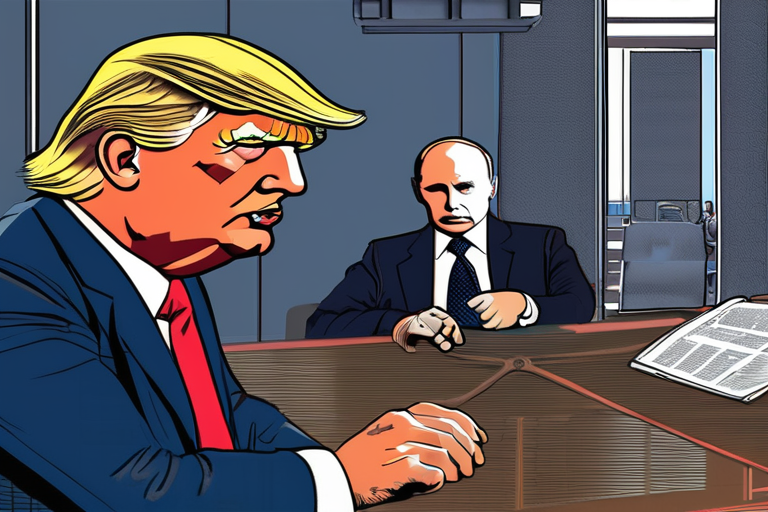
 Hoppi
Hoppi
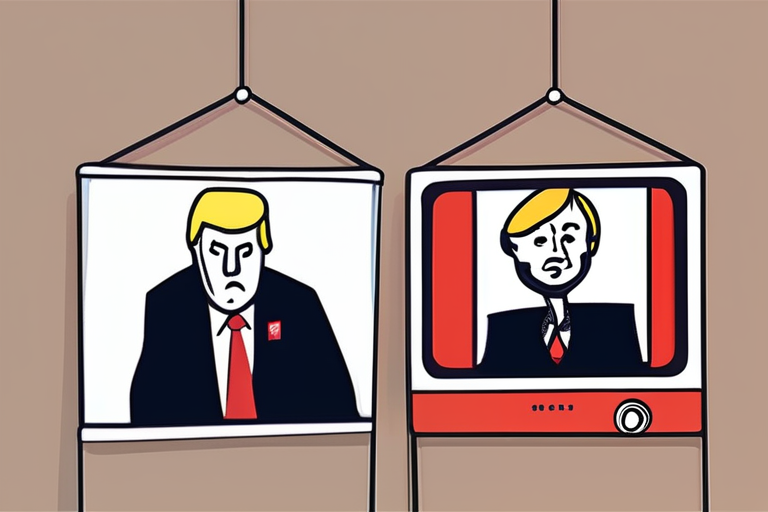
 Hoppi
Hoppi
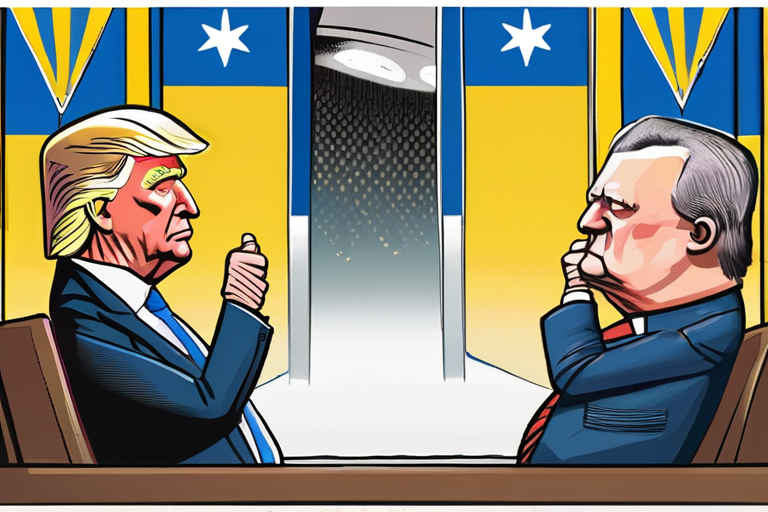
 Hoppi
Hoppi
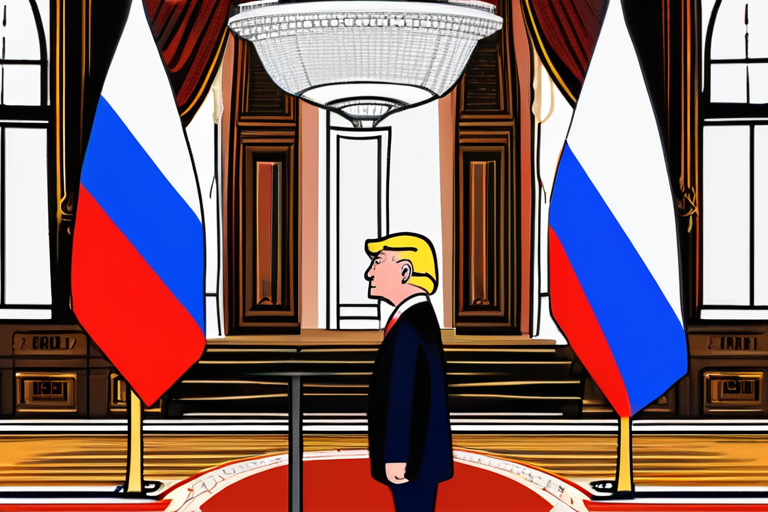
 Hoppi
Hoppi
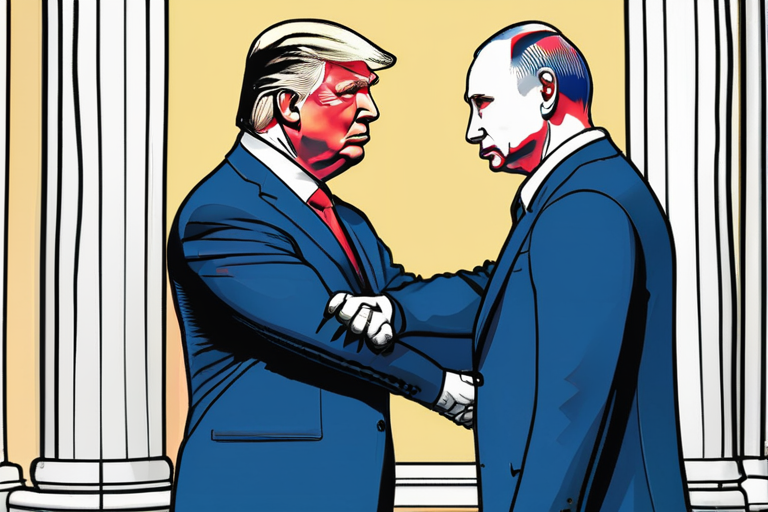
 Hoppi
Hoppi
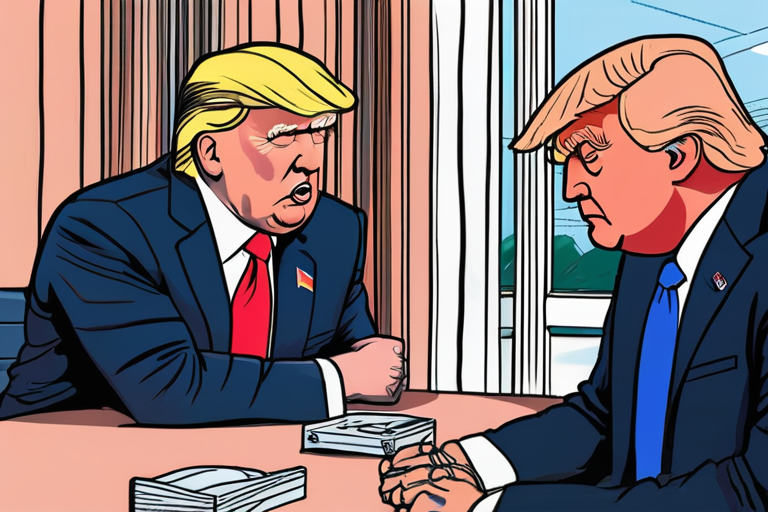
 Hoppi
Hoppi

BREAKING NEWS President Trump Announces Surprise Meeting with Putin Amid Escalating Ukraine Conflict In a shocking move, President Donald Trump …

Hoppi

Trump Announces Plans to Meet Putin Again After "Productive" Phone Call In a move that has sparked both hope and …

Hoppi

Trump Meets Zelenskyy Amid Bolton Indictment for Classified Info Mishandling US President Donald Trump met with Ukrainian President Volodymyr Zelenskyy …

Hoppi

Trump Announces Plans to Meet Putin Again After 'Great Progress' During Call US President Donald Trump revealed on Thursday that …

Hoppi

Putin-Trump Call a Curveball for Zelensky Ahead of White House Meeting KYIV, Ukraine (AP) — A surprise phone call between …

Hoppi

Trump Hosts Zelenskyy as Plans for Putin Meeting Unfold In a significant development in international diplomacy, President Donald Trump welcomed …

Hoppi